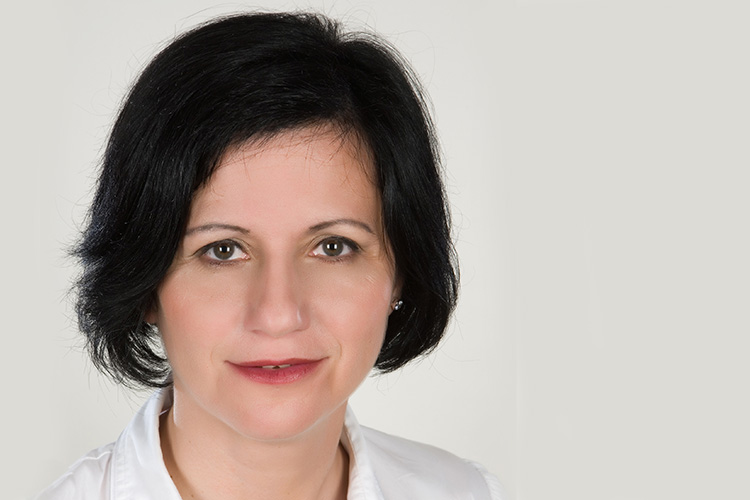by Adelina Gschwandtner, University of Kent; Cheul Jang, Korea Water; and Richard McManus, Canterbury Christ Church University. Discussion paper KDPE 1720, December 2017.
Non-technical summary:
South Korea is a country with a historically polluted water supply. Water pollution has spread according to economic development worldwide. Increased discharges of untreated sewage combined with agricultural runoff and inadequately treated wastewater from industry, have resulted in the severe degradation of water quality all over the world; however, the situation appears to be especially worrying in South Korea. Several accidents of contamination in the water such as detection of trihalomethanes, heavy metal, harmful pesticides and disease germs in tap water, have made the average Korean concerned about the safety of the water supply, and very few citizens drink water directly from the tap.
It is reported that only 3.2% of the population in South Korea drink untreated tap water. Most Koreans use in-line filters and the annual sales of bottled water has increased exponentially in recent years. The present study aims to understand the main causes of pollution in a specific target area in South Korea and to investigate the feasibility of installing two different advanced water treatment systems in order to improve the water quality in the waterworks. The study shows that the main cause for pollution is agriculture, more specifically livestock sewage, and that in the long-run the reduction of pollution from livestock and the protection of the quality of the water in the river basin should constitute the main priority of policy measures.
In the short-run, installing either of two advanced water treatment systems is shown to be a feasible solution under conservative assumptions. The minimum monthly increase in water bill accepted by the Korean citizens is $2 which aggregates to a minimum net present value of $11 million over a project life of 20 years. Increasing the social discount factor from 4.5% to 10%, decreasing the useful life of the project below 12 years, and significantly cutting the estimated benefits can make the alternative investments unfeasible; however, these situations are unlikely to occur. The results remain robust to various other sensitivity analyses and therefore, the study shows that in general the instalment of the two advanced water treatment systems is beneficial to the South Korean citizens and constitutes a viable solution for the pollution of potable water in the short-run.
You can download the complete paper here.

